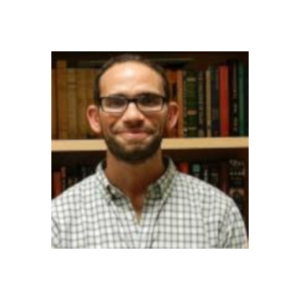Jeffrey Culang
- Fellowship Dates 2013-2013
- Research Topic Common Sensibilities: Reform, Social Relations and Citizenship in Modern Egypt
- Fellow or Grant Type Bureau of Educational and Cultural Affairs
- Affiliation Pre-doctoral candidate City University of New York Graduate Center, Hunter College
This research explores the notion of a shared moral and political sensibility created by Muslim, Jewish and Christian religious reformers through their encounter with modernity at the turn of the 20th century and the unraveling of that sensibility through the construction of citizenship, especially of minorities, after World War I. On a broader level, it examines the relationship between religion and secularism in Egypt between the onset of reform in the 1870s and the gradual solidification of nationality laws in the 1930s. It weaves together three threads: the transformation of religion and the opening of a space for common “public interest” by religious reformers, transformations in social relations as a result of religious reform, like the modern Egyptian state’s transformation of subjects into citizens, and the introduction and application of the concepts “minority” and “majority” based on the British colonizers’ privileging of religious identities. The 1952 revolution gave rise to Egyptian national independence from British colonial rule and also came to symbolize the culmination of the dismantling of autonomous religious communities. Egypt was long home to indigenous Christian and Jewish communities and in the 19th century served as a focal point for the circulation of people and ideas. As an outpost of both the Ottoman and British empires, and itself a colonizer of the Sudan, Egypt encompassed fluid identities and held amorphous geographical boundaries. This research uses a genealogical lens to examine colonial classifications of populations based on religious identities and the emergence and gradual application of the concepts “minority” and “majority” in Egypt. It asks whether it was the inscribing of these concepts into state law vis-à-vis the nationality laws beginning in the late 1920s, along with the secularization of the courts, that determined who would become “real Egyptians.”

